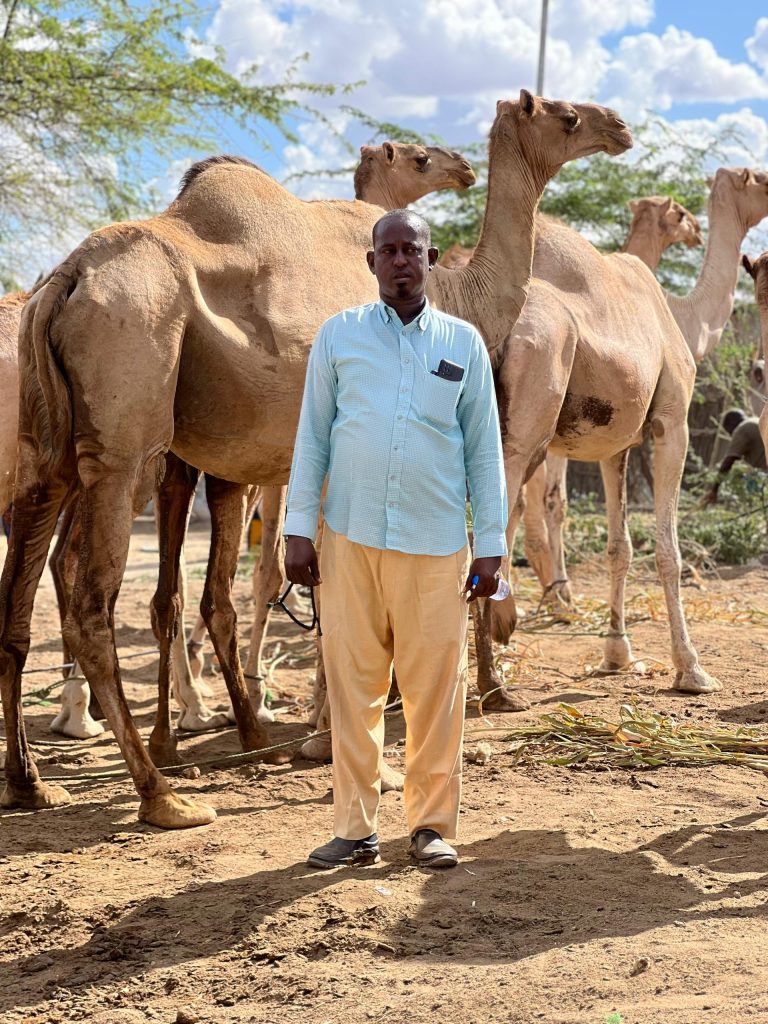The Advantages of Camels in Somalia: A Vital Resource in Challenging Environments


Camels have long been an integral part of Somali culture and have proven to be a valuable asset in the challenging and arid environments of Somalia. With their unique adaptations and diverse benefits, camels play a crucial role in the daily lives and livelihoods of Somali communities. This article explores the advantages of camels in Somalia and sheds light on their significance in this region.
- Adaptability to Harsh Environments:
Somalia is known for its hot and arid climate, with vast stretches of desert and limited water sources. Camels excel in such conditions, as they are well adapted to conserve water and withstand extreme temperatures. Their ability to survive for extended periods without water, thanks to their efficient water retention systems, makes them reliable companions in the water-scarce regions of Somalia. - Reliable Transportation:
Camels are renowned as reliable pack animals, capable of carrying heavy loads over long distances. In Somalia, where infrastructure development is limited, camels serve as a primary means of transportation for people and goods. They can traverse challenging terrains, including sandy deserts and mountainous areas, making them indispensable for trade, migration, and accessing remote communities. - Food and Nutrition:
Camel meat and milk are highly valued in Somalia, providing a source of nutrition for the population. Camel milk is considered a staple in many Somali households, offering essential vitamins, minerals, and proteins. It serves as a vital source of sustenance, particularly for nomadic communities, who rely on camels for their daily nutritional needs. - Economic Livelihoods:
Camels are a crucial economic asset for many Somalis. They are used for trade and commerce, with camel herding being a significant livelihood for pastoralist communities. These communities engage in camel breeding, milk production, and the sale of camels, contributing to local economies and providing income opportunities for many families. - Cultural Significance:
Camels hold immense cultural significance in Somali society. They are deeply embedded in folklore, traditions, and celebrations. Camels are a symbol of wealth, status, and hospitality, and play a prominent role in social events, such as weddings and festivals. The cultural bond between Somalis and camels reflects the enduring relationship and deep-rooted appreciation for these animals.
Conclusion:
Camels are an invaluable resource in Somalia, offering numerous advantages in the face of challenging environmental conditions. Their adaptability, reliability as transportation animals, nutritional value, economic significance, and cultural importance make them an integral part of Somali society. Recognizing and harnessing the advantages of camels can contribute to sustainable development, improved livelihoods, and the preservation of cultural heritage in Somalia.



